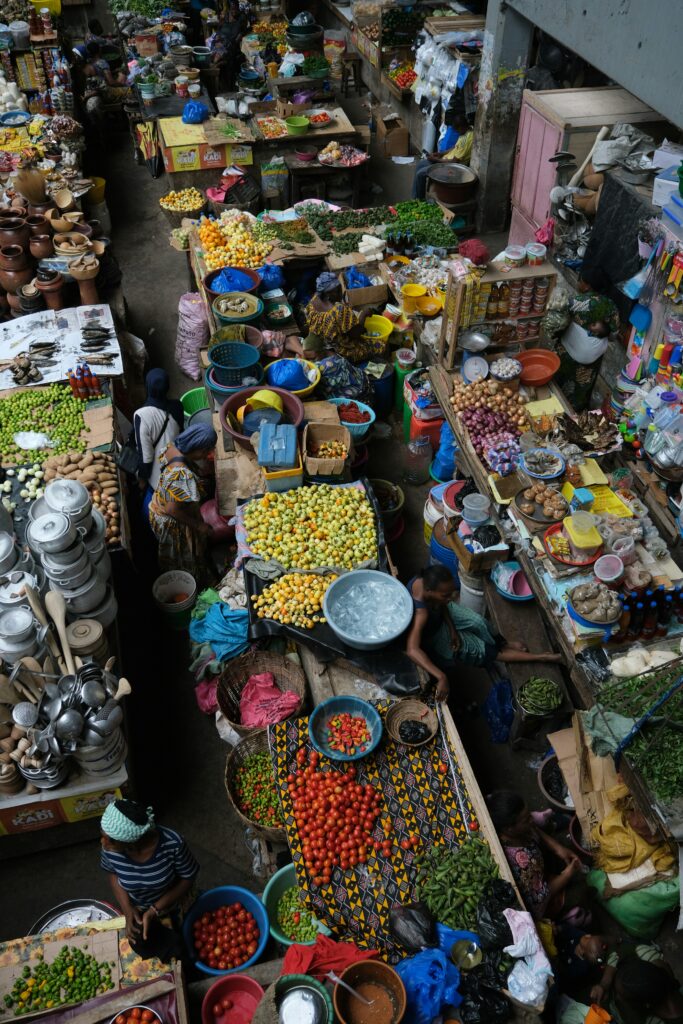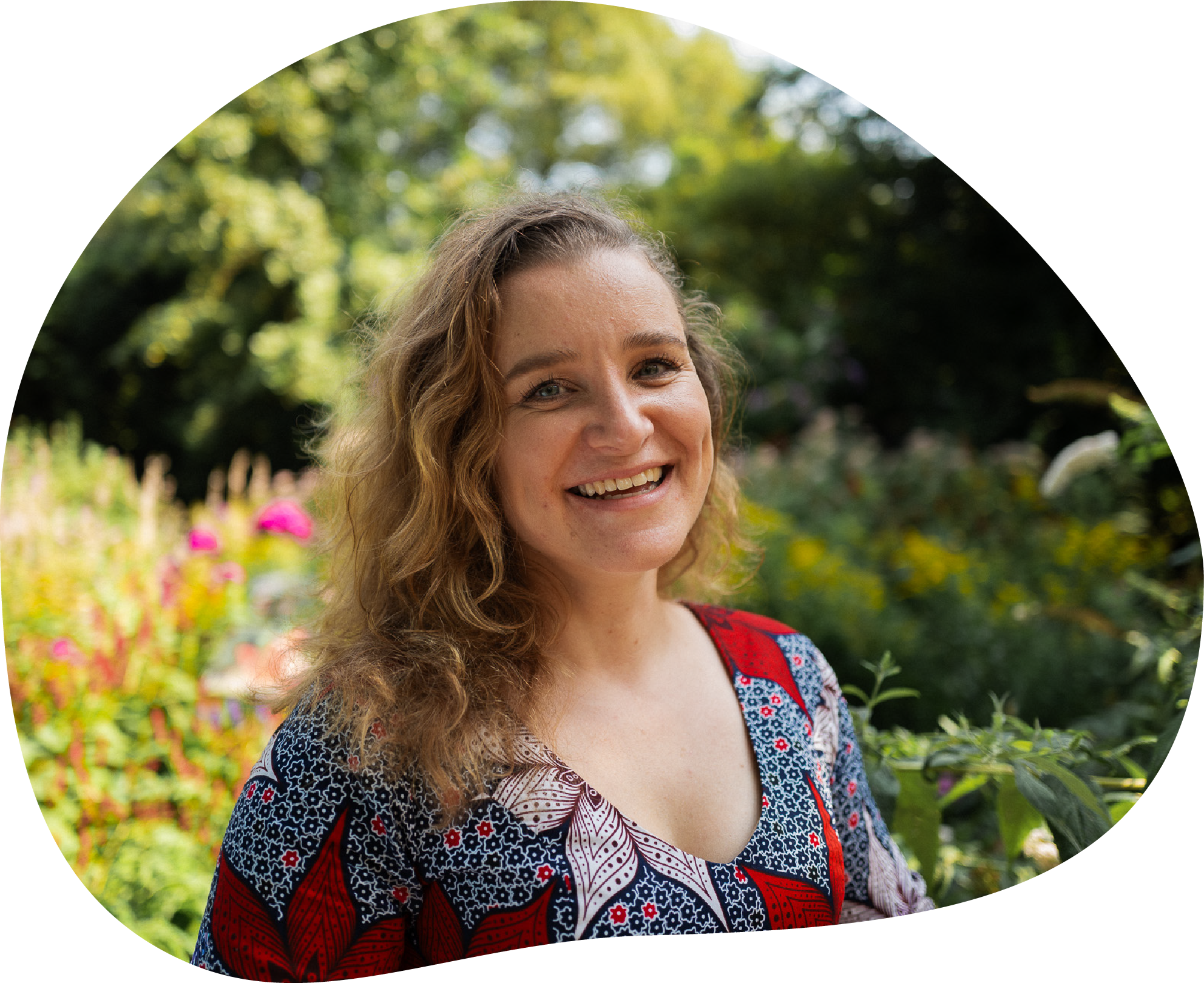About INCLUSA
Why inclusion matters

Agriculture sustains millions of livelihoods and lies at the heart of rural economies. Women make up nearly half of the agricultural workforce: growing food, managing farms, running enterprises, and supporting households. Yet despite their essential role, women continue to face barriers that limit their access to land, finance, training, and markets.
Too often, agricultural services and business models are designed with a gender-blind lens. Information reaches men more easily; training schedules clash with women’s responsibilities; credit, digital tools, and technologies remain out of reach. The result: women’s agricultural productivity is, on average, 24% lower than men’s, and they earn only 82 cents for every dollar men earn.
These inequalities aren’t just unfair, they are inefficient. FAO estimates that closing the gender gap in agrifood systems could add $1 trillion to global GDP, while improving food security and resilience. Gender equality and women’s empowerment are not only moral imperatives; they are also smart economics.
At INCLUSA, we believe inclusion should be part of how agriculture works – not an afterthought. When women and men have equal opportunities to participate and benefit, value chains grow stronger, productivity rises, and communities thrive.
How we work
Our approach is evidence-based, participatory, and transformative. We focus on turning insight into action, helping organisations make inclusion part of how they deliver, decide, and measure success.
1. Evidence-based
2. Participatory
3. Transformative
Our value
At INCLUSA, we combine development insights with business sense to make inclusion meaningful, measurable and sustainable.
- Dual focus – bridging social impact and organisational performance.
- Proven expertise – over a decade of hands-on experience in value chain development in East & Southern Africa.
- Practical approach – grounded in field realities, using tested tools that help organisations act and adapt.
Our clients have seen real results: more women in leadership roles, more inclusive service delivery, improved productivity, and shifting social norms toward equality.
Because inclusion isn’t a box to tick, it’s a catalyst for stronger systems, fairer opportunities, and a more resilient agricultural future.


Message from the founder
Emma Feenstra, Founder INCLUSA
Wateringen, The Netherlands